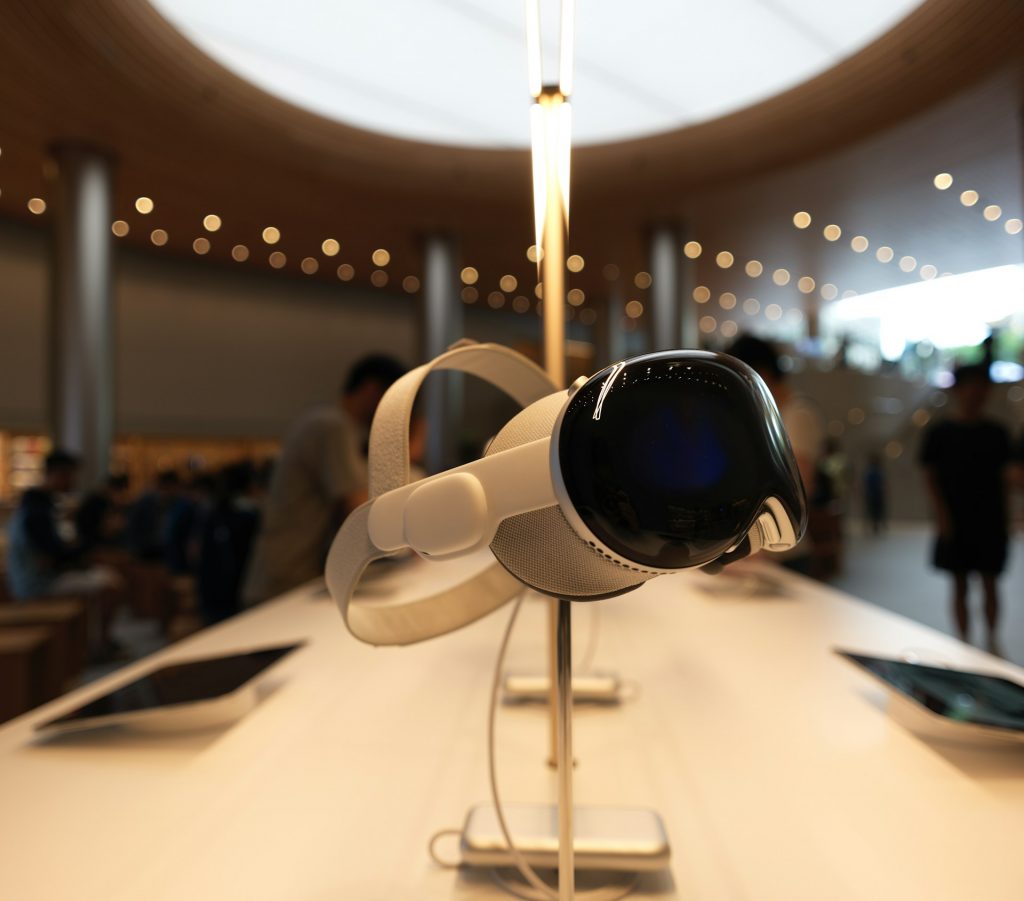Sushant Gupta
Is an Online Geek. Who Diggs out the different ways for how can we make money online. He has been earning through e-commerce sites for years and wants to share his experience with all.
As reported by The Information, Pico Interactive, a subsidiary of ByteDance, has decided to halt the launch of its upcoming standalone headset...

Image Credits: unsplash
As reported by The Information, Pico Interactive, a subsidiary of ByteDance, has decided to halt the launch of its upcoming standalone headset targeted at consumers. The Pico cancel Quest is a strategic move from direct competition with Meta Quest. Instead, Pico plans to position its next device as a contender against Apple’s Vision Pro mixed reality headset, priced at $3,500. This decision reflects Pico’s evolving approach in the dynamic landscape of mixed reality technology.
Based on insights from individuals familiar with the matter, ByteDance, the parent company of TikTok, is reportedly scrapping the development of Pico’s upcoming VR headset, often dubbed ‘Pico 5’. This Pico cancels Quest decision stems directly from the underwhelming sales performance of Pico 4. However, the standalone headset was introduced in Asia and Europe to rival Meta Quest 2. ByteDance is responding dynamically to market trends and consumer reception in shaping its virtual reality product strategy.
Per the paywalled report reviewed by UploadVR, the company’s shift toward developing a high-end alternative to Apple Vision Pro. However, it’s surpassing its initial aspirations with Pico 5, which is in progress. The project, known by the codename Swan, is expected to incorporate “cutting-edge technologies.” However, the specifics of these technologies and the anticipated release date still need to be clarified. The company is aiming for innovation and advancement in virtual reality.
Pico experienced significant layoffs in the preceding month, reportedly impacting hundreds of employees in sales, video, and platform operations. This strategic move of Pico to cancel Quest is perceived as part of a broader initiative to reshape the company’s focus. Moreover, it’s placing a greater emphasis on hardware and core technologies. The restructuring signals Pico’s commitment to refining its business model for sustained growth and innovation.
Given today’s unconfirmed report, Pico might take a page from HTC’s playbook in 2019. Back then, HTC, a mobile phone manufacturer turned VR hardware company, shifted away from the consumer VR market, coinciding with Meta’s (formerly Facebook) release of the first Quest standalone headset.
Challenging Meta is no easy feat, especially in the low-end market where the Quest 2 is priced at $250 and the new Quest 3 at $500. Pico’s Pico 4 claims compatibility with approximately 75 percent of the game library available on Quest. Pico has yet to officially release its VR headsets for consumers in the US, as initially planned. The dynamic VR market continues to witness strategic shifts and competition among key players.
Recommended: